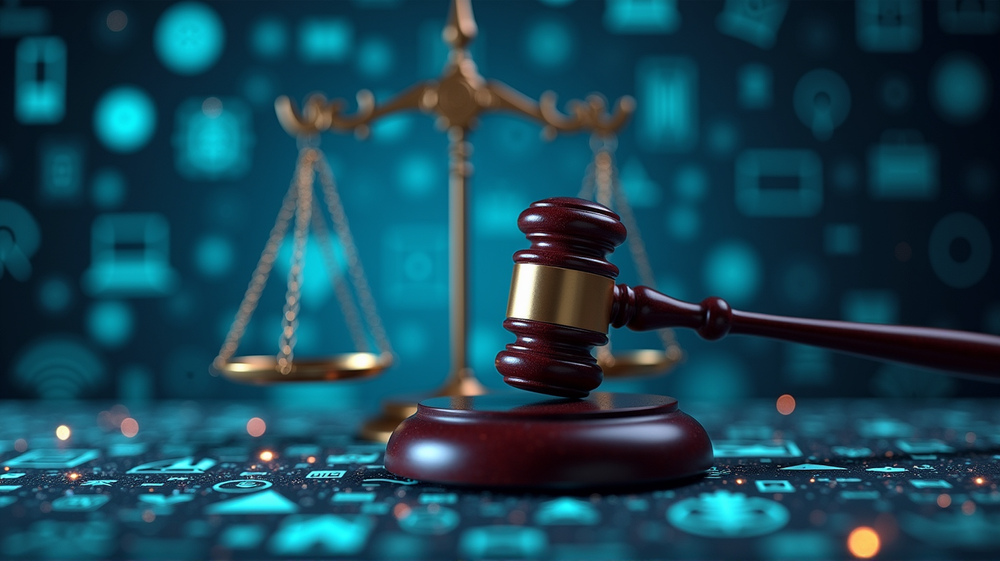In a landmark decision that underscores the evolving dynamics of antitrust enforcement, Alphabet Inc.’s Google has been ordered to share its search data with competitors, while escaping the more drastic measure of a company breakup. This decision has shifted the focus from stringent enforcement to fostering innovation, particularly through the rise of AI technologies.
The Role of AI in Antitrust Defense
U.S. District Judge Amit P. Mehta’s ruling is notably influenced by the disruptive potential of AI applications like OpenAI’s ChatGPT, suggesting that these innovations could naturally erode Google’s market dominance. AI is increasingly seen as a game-changer in promoting competition, without drastic structural interventions.
Innovating Antitrust Perspectives
The court’s decision reflects a broader trend as it entrusts innovation to address competitive imbalances. According to Bloomberg’s analysis, this marks a shift in regulatory philosophy, suggesting that emerging technologies could self-regulate monopolistic tendencies. This outlook has already begun altering enforcement strategies in pending cases against other tech giants.
Transatlantic Regulatory Dichotomy
While the U.S. adopts this innovation-friendly approach, Europe continues to impose significant penalties on Google, highlighting a transatlantic divergence in antitrust enforcement. As detailed by Reuters, the EU’s stringent stance contrasts with a more progressive U.S. viewpoint, reflecting different regulatory philosophies.
Implications for Tech Startups
The ruling presents a mixed bag for tech startups. Smaller companies may find opportunities in the mandated data-sharing environment, but compliance costs and entrenched positions of tech behemoths could overshadow these potential gains, as illustrated in discussions from industry forums and CNBC reports.
The Future of Big Tech Regulation
With a decision to avoid immediate structural changes, the court’s judgment acts as a strategic pause, observing AI’s growing role. As regulators recalibrate their strategies, the question remains—will AI lead to authentic competition or simply defer regulatory reckonings?
In conclusion, the Google antitrust ruling emphasizes a judicial approach nuanced by technological developments and a belief in innovation as a catalyst for change. As AI technologies continue to evolve, their impact on legal and regulatory landscapes will be closely watched. According to WebProNews, such advancements can redefine traditional market dynamics, offering both challenges and opportunities in the digital age.













